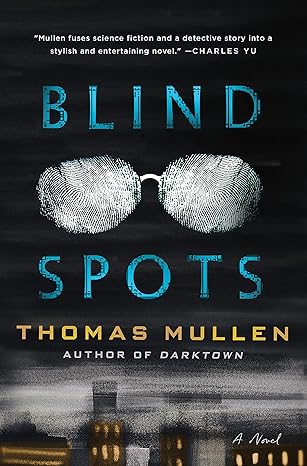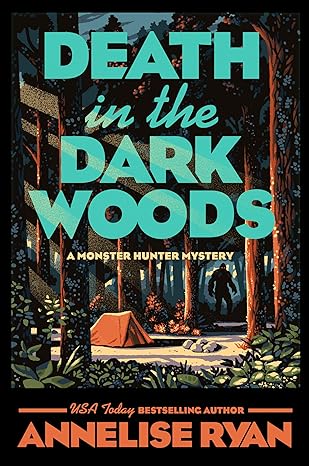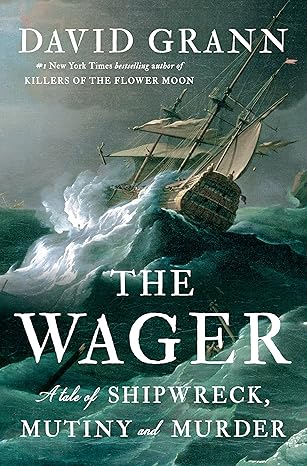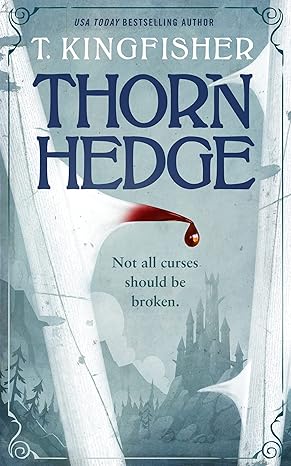Welcome back my fellow creatives! In the midst of surviving Midwestern snow, rain, more snow, more rain, and a single epic sledding trip–

–my family and I find warm solace in rereading old favorites.
Bo explores his biographies of the Marx Brothers. Bash marches to battle in his Transformer books. Biff dissects the data of every Federation ship in his Star Trek encyclopedia. Blondie explores the Wings of Fire series yet again, pausing at various pages to create her own illustrations of the story.

Me? I returned to Longbourn.
“Why there, Jean?” you may ask. “Why not a Poirot or Howl or some other such series?”
Good question! First, Bo and I are already enjoying Poirot mysteries via the boxed set of television adaptations he got me for Christmas. It’s as much fun to watch David Suchet and Company bring these stories to life as it is to watch Bo enjoy them. Even my three B’s have started to pay attention. “Why hasn’t anyone died yet? Hastings is silly. Woah, the police are using phones. Wait, that’s radio? WHAT?”
As for Diana Wynne Jones, I’ve a goal to finish a series I started looooong ago for some critical reading here: The Dalemark Quartet. This actually also ties to rereading Pride and Prejudice, for both are influences of my lost-in-development-hell Shield Maidens series.


Lastly, I had come across a really cool YouTuber named Dr. Octavia Cox who does close reading of classic literature, and her analyses of Pride and Prejudice made me realize just much one can uncover when one sloooowly moves through the words.
So, let’s focus today on why rereading those old favorites can do a writer–and reader–some good.
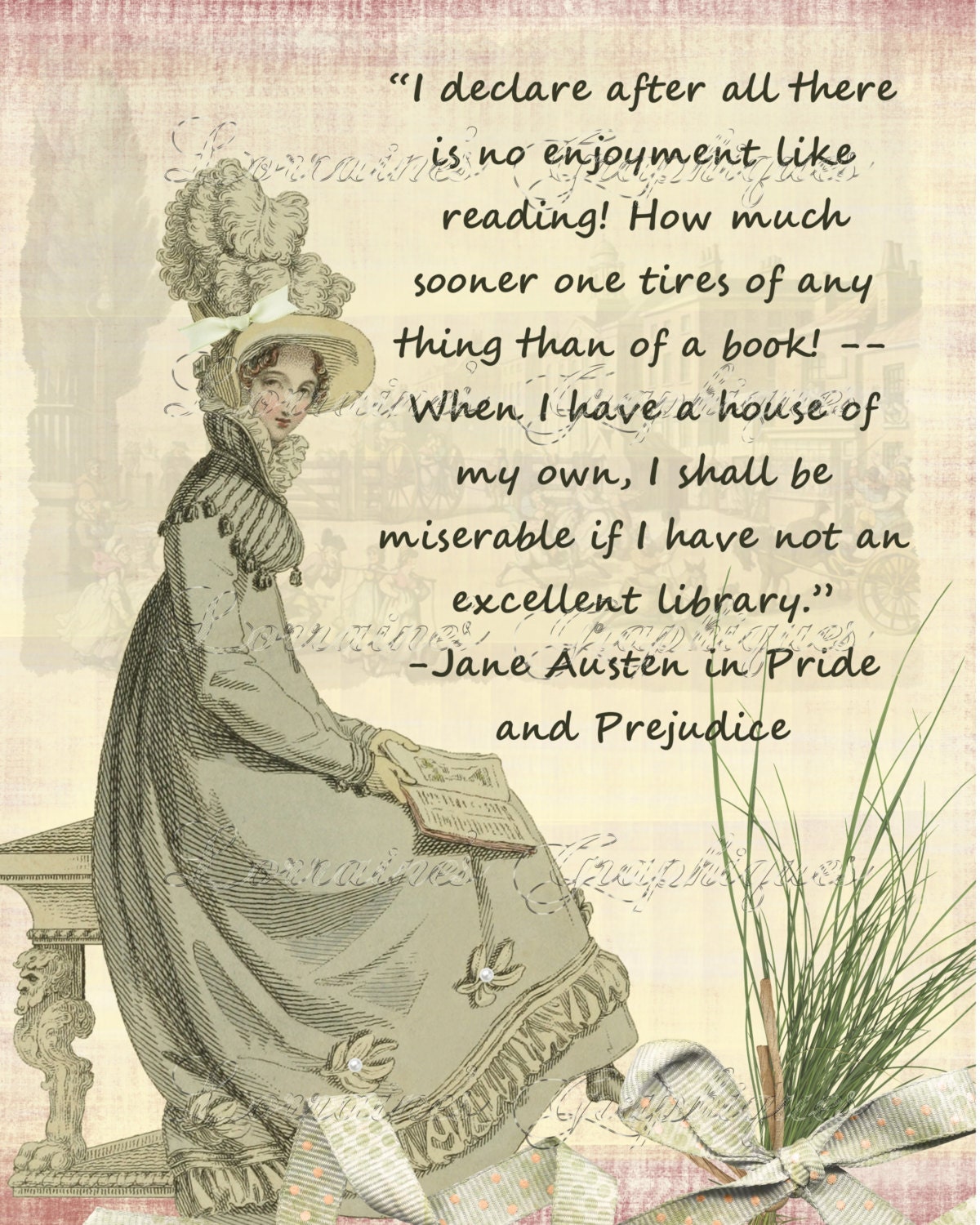
Comfort food for the imagination. When reality is cold and bleak, why not escape to a time and place we love? Of course, trying new things is important, but just as we enjoy those warm, delectable comfort foods, so does our imagination enjoy a return to the familiar. We experience those favorite lines, interactions, and settings with fresh appreciation each time, even to the point where we must read them aloud to others. Bash is an avid fan of this–if a Transformer has made him laugh yet again, he’ll read through the whole scene to Biff and Blondie who then, of course, must read the entire story for themselves. When one person loves a story, one never seeks to hide it! As a writer, those returns can be a marvelous benefit to us as we develop our storytelling skills, too.
Worldbuilding. Because we “know what’s coming” in the story, we can pay more attention to all the periphery details and how those enrich the overall setting. Rereading Howl’s Moving Castle, for instance, helps a reader better see how everyday magic utilized by sailors, bakers, and even hatters in Sophie’s life. Rereading the lives of the Marx Brothers–or rewatching Poirot–reveals the surprising pieces of 1930s life that can easily be forgotten. Rereading Wings of Fire helps Blondie catch specific aspects of dragon culture depending on where those dragons come from. In this reread of Pride and Prejudice, I paid closer attention to second and third-string characters, like the Lucas family, so I could better understand life in the Regency period.

The more we study those social gatherings, the more we understand how important they were for folks to meet anyone potentially suitable for marriage; how a female’s talents in entertainment could lift her up in the eyes of the community, and how many dance steps you had to memorize (oh my GOODNESS I would have failed miserably in that period). One may gasp with Elizabeth when Charlotte accepts the simpering Mr. Collins’ proposal, but when one reads closely, one catches that Charlotte is 27 years old–on the far end of the spectrum when folks were expected to marry. Add the size of Charlotte’s large family and small fortune to the mix, and readers have a clearer understanding of the period’s pressures upon a single young woman.
[Charlotte’s] reflections were satisfactory. Mr. Collins to be sure was neither sensible nor agreeable; his society was irksome, and his attachment to her must be imaginary. But still he would be her husband. –Without thinking highly either of men or of matrimony, marriage had always been her object; it was the only honourable provision for well-educated young women of small fortune, and however uncertain of giving happiness, must be their pleasantest preservative from want.
Is it any wonder Mrs. Bennet was cheesed off at Elizabeth turning Mr. Collins down? In that time and place, such a life was a young woman’s best option. We as modern readers may not understand that at first, but the more we reread and revisit the setting of the story, the more we learn.

Foreshadowing. It can be so, so hard to catch the clues dropped early, can’t it? We are caught up in the current moment, eagerly anticipating the next exchange or event that alters the storyline’s progression. That was me with a lot of tales, whether they were mysteries like The ABC Murders or fantasy epics like the Harry Potter series. We can even use Harry Potter as an example here: in the first story, Harry talks to a snake he unwittingly releases from its zoo enclosure. At the moment, it’s a lighthearted moment, but in the second book, we learn that talking to snakes is not common at all; plus, it was a trait usually only seen in witches and wizards who preferred the Dark Arts. So is Harry actually a Dark Arts master in the making? Dunh dunh DUNH!
One of Dr. Cox’s analyses of Pride and Prejudice really got me thinking about this, too, in regards to Lydia Bennet. The youngest and wildest of the sisters, she is on the constant search for entertainment and isn’t shy about demanding it from her family and friends. She’ll flirt with a number of officers, demand balls, play betting games with cards–the girl loves risks in all shapes and sizes. It’s a sly bit of foreshadowing about Lydia’s character arc and the choices she’s capable of making. Jane Austen’s slyness continues when Lydia starts talking about Wickham more frequently; it’s timed just so that it comes after Elizabeth refuses Mr. Darcy and reads his letter of Mr. Wickham’s attempted seduction of Georgiana, Mr. Darcy’s little sister. Elizabeth has no desire in hell to listen any references of Wickham, but what happens?
With such kind of histories of their parties and good jokes, did Lydia, assisted by Kitty’s hints and additions, endeavour to amuse her companions all the way to Longbourn. Elizabeth listened as little as she could, but there was no escaping the frequent mention of Wickham’s name.

Because we’re focused on Elizabeth in our initial read, we don’t wonder why Elizabeth ignores Lydia’s ramblings. In the rereads, though, we better understand that all of Lydia’s choices fit her temperament and character, and when Wickham bolts his militia, it really isn’t a wonder for Lydia to bolt with him for a lark.
Not to mention the hardcore foreshadowing of Wickham!
Character Arc (one way or another). Let’s stick with Pride and Prejudice‘s Wickham here. In our first read, we share in Meryton’s positive first impressions of Mr. Wickham:
But the attention of every lady was soon caught by a young man, whom they had never seen before, of most gentlemanlike appearance.

That is, the dude’s hot.
Lydia’s making a point to flat-out run into this guy and his friend. Elizabeth’s aunt is hollering at the guy from her window. He’s got eeeveryone’s attention with his manners and looks. After a brief run-in with Mr. Darcy, Mr. Wickham starts probing Elizabeth as to what’s known about Mr. Darcy, and through the coming pages we find out that Mr. Wickham is pretty cool with bemoaning his fate at the hands of the prideful Darcy. Once Elizabeth reads Mr. Darcy’s letter, however, she comes to realize how “gentlemanlike” Mr. Wickham often broke rules of decorum by bashing Darcy at every opportunity. Mr. Darcy’s letter also foreshadows an important aspect of Mr. Wickham’s character–his womanizing. He’s not afraid of ruining a young lady’s reputation for his own interests, and while he failed with Georgiana, he succeeds with Lydia Bennet. Everything that was his character is revealed for an arc from “hot guy” to “womanizing jerk.”
Elizabeth Bennet is also a fine study for the character arc. Oh, she remains playfully witty from start to finish, but in the opening chapters of the ball where Lizzy and Mr. Darcy meet, she is just as prideful as he. She laughs it off, sure, but from that moment on she “willfully misunderstands him,” as Mr. Darcy himself put it during their time together in Netherfield. She refuses to believe such an observation, though, and continues feeling herself best and right regarding Mr. Collins’ simpering, Miss Bingley’s interference with Jane Bennet’s happiness, and more. While Elizabeth is right in some of her observations, she has to face her own mistakes later in the story when it comes to Wickham and Darcy. She has misread people, and she has to own up to it. It actually reminds me of Howl’s Moving Castle when Sophie realizes just how much she cares about Howl. She can’t even admit to herself that she’s capable of loving someone until a fire demon lures Howl into a trap. Readers love seeing characters grow into themselves, so having these rereads helps writers better catch when and how such moments happen.
Two People Finding Each Other.
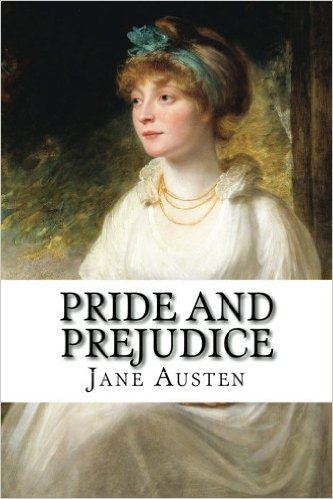
Blondie: What are you reading?
Me: Pride and Prejudice.
Blondie: Who gets murdered?
Me: Nobody.
Blondie: Does anyone die or get blown up?
Me: Nope.
Blondie: Is there magical stuff in it?
Me: Nope.
Blondie: That sounds really boring.
Now when I was Blondie’s age, I would have agreed. I was immersed in fantasy and mystery at that point, so if someone wasn’t getting murdered, then something better be getting blown up. Now, though, as I reread Pride and Prejudice, I am reminded of something many of us seek in stories of any genre. Even the most violent thing I’ve ever studied on this site, Garth Ennis and Darick Robertson’s The Boys, understood this important element of storytelling.

Boys members Butcher and Hughie are both transformed by love: Hughie struggles with a broken heart not once but twice, and Butcher’s descent into revenge begins with the rape and murder of his wife by a super “hero.” Early in their time together, they help two witnesses of a murder rekindle their relationship. Looking on, Hughie says:
What is it about love stories, you know?
BUTCHER: Two people findin’ each other.
Many of us yearn for that other soul that connects with us in a way no other can. There’s a reason romance alone can sell a story and that many genres include a romantic interest. Is it demanded? No. It doesn’t even have to be a love thing. It could be something as equally powerful as finding a friend or a family member. There is a unique joy as a reader in watching two characters come together, “finding” each other in spite of all story-world obstacles–even the barriers they themselves created.
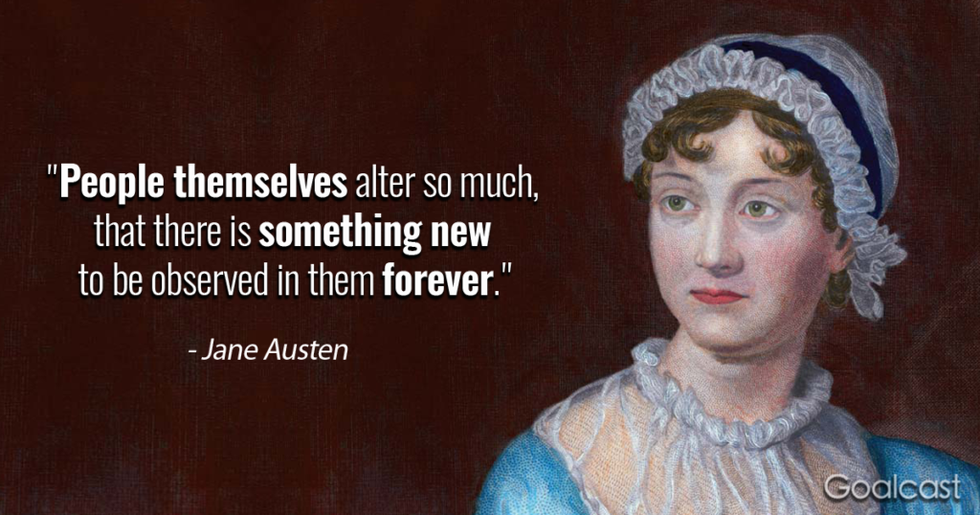
So yes, there is much to enjoy and learn in a good re-read. What are you rereading during these dreary days? I’d love to hear. x
Read on, share on, and write on, my friends!


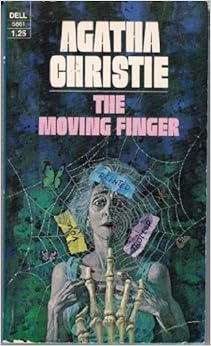





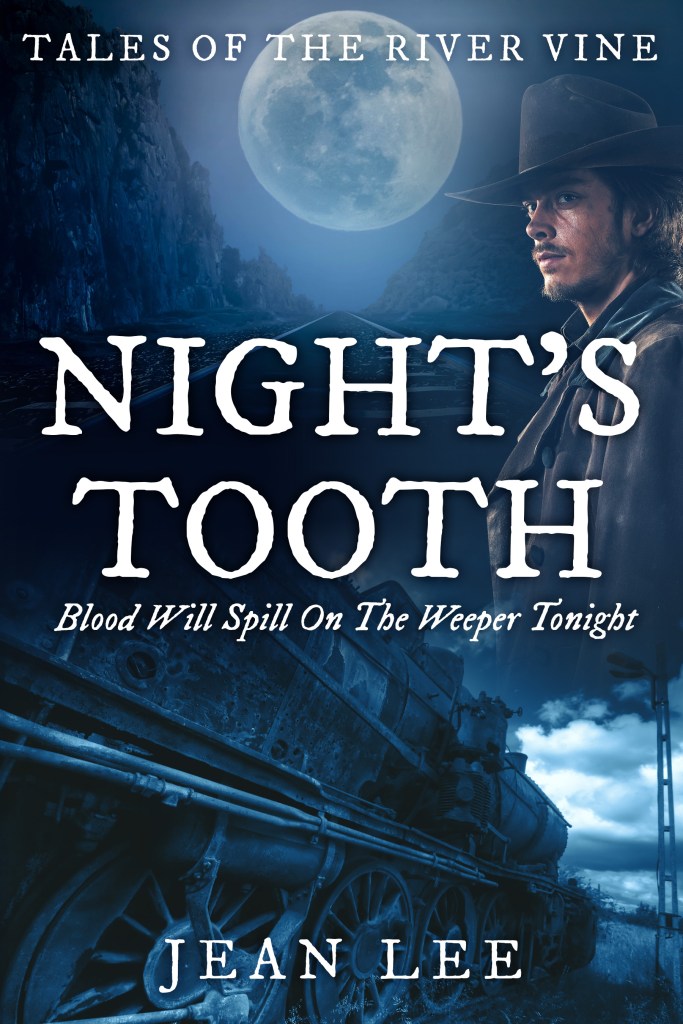

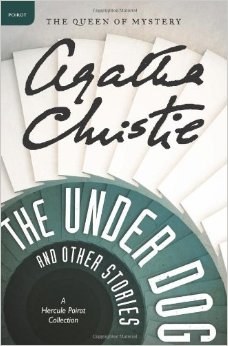




 Rarely do I allow myself to write with lyrical music on in the background. The words don’t always jive with what I picture in my head, and tend to distract me from the goal of the scene.
Rarely do I allow myself to write with lyrical music on in the background. The words don’t always jive with what I picture in my head, and tend to distract me from the goal of the scene.






